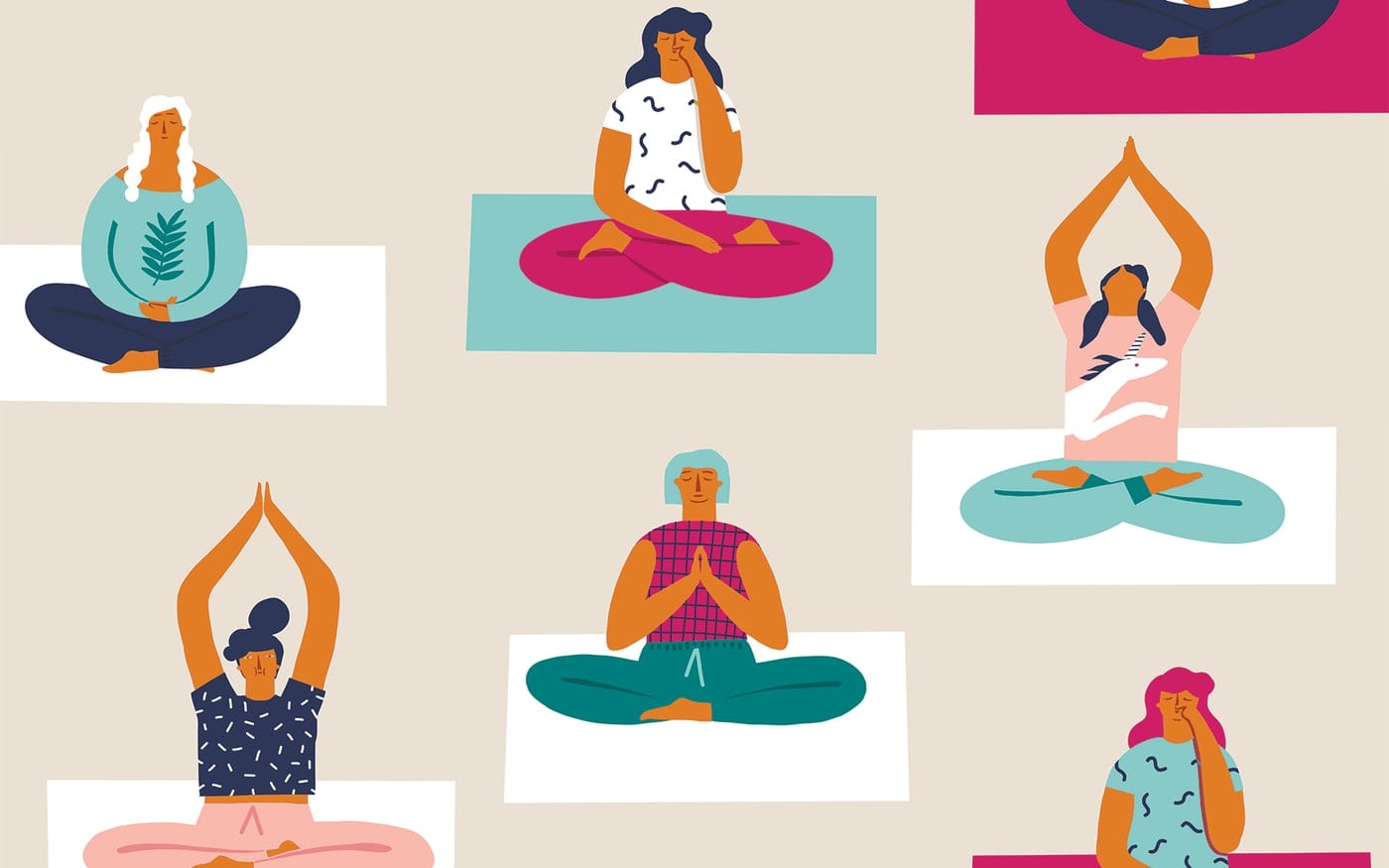Sleep Tips for Seniors

According to the National Institute of Health (NIH), 13% of men, and 36% of women in their golden years are not getting the sleep they need. A lack of sleep can seriously damage your health, and can contribute to heart disease, stroke and diabetes, and even depression. Although it is common in older adults, insomnia and trouble staying asleep at night are not a normal part of getting older, and should be prioritized!
Here are some tips on getting a better good night’s sleep for your loved one:
Go outside!
Get active, but most importantly, try doing it outside! Your body needs Vitamin D, which it can get easily from the sun, and what’s interesting is that the more you spend your day outside, the more natural it will feel to get rest at night. While it may feel like a chore to get in exercise throughout the day, do things that you and your client can enjoy together, like dancing, taking a brisk walk around the neighborhood and lifting hand weights while sitting outside.

Pay attention to pain medications
Chronic pain is a significant reason why many adults cannot get the sleep they need and contributes to severe restlessness throughout the day. Although pain medications must be taken in strict moderation as instructed by a doctor, consult with your doctor about taking them before the pain begins to help your body ease before bed. In addition, the overall combination of certain medications older adults and seniors taken each day can contribute to insomnia, so make sure you’re in touch with your client’s family if you believe this could be a possible symptom.

Set up a sleep “haven”
There’s no better way to get a good night’s sleep than in the comfort of your own home. Besides making sure that the mattress and pillows are both clean and comfortable, make sure your client’s bedding isn’t too thick as it is difficult to fall asleep in a bed that is too hot for comfort. White noise, like air purifiers or “soothing sounds” audio players can be a wonderful, relaxing way to calm your mind. Blocking out distracting sources of light like TV sets or glowing alarm clock can help. Even a night light can be distracting if it’s set to the wrong brightness, so if you can, help your client prep their bedroom with these red flags in mind.




Comments